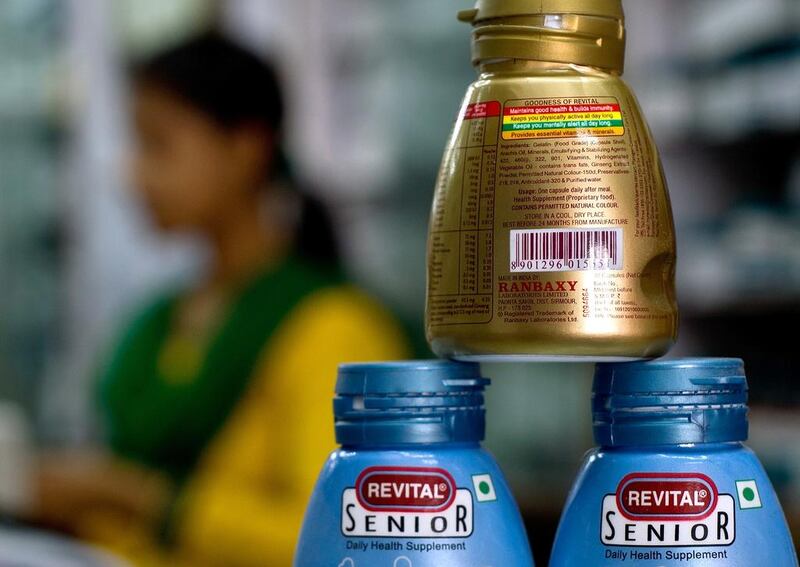Rebecca Bundhun, foreign correspondent, reports from Mumbai
India has introduced restrictions on clinical trials following concerns about the safety of test patients, and it has become a much more complex and lengthy process to secure permission for trials.
It has reached the point where some Indian companies are moving trials abroad to locations in Europe and the US, at a much higher cost.
Bangalore-based Biocon is one company to have done so.
"The situation is becoming more and more difficult in India," Kiran Muzumdar-Shaw, the managing director of Biocon, said last month, according to the Indian newspaper Business Standard. "Several programmes have been stalled and we have also moved the trials offshore, to ensure the work on the development does not stop."
Sujay Shetty, a partner and the pharma leader at the consultancy PwC India, says the restrictions come at a cost.
“There’s clinical trials which the government has put a stop on due to a lot of issues, which is stopping new product launches and innovation,” he says.
“The government of India has almost stopped giving permission for new trials for a number of reasons – there are issues around informed consent, there are issues around compensation paid to patients who are under clinical trial treatment. At the moment it is all at a standstill.”
A report by PwC and the Confederation of Indian Industry published last year said India needed to create a clearer regulatory framework for trials.
That is not the only area where the standards of Indian drug makers have come under scrutiny.
An external watchdog has also waded in, with the US Food and Drug Administration (FDA) having banned products from several pharmaceutical factories in India.
Last month, the FDA banned a facility in Punjab belonging to the Indian drug maker Ranbaxy from exporting to the US. It was the company’s fourth plant to face action from the FDA. Ranbaxy last year had to pay a record fine of US$500 million in the US for making false statements about methods of testing medicine and for manufacturing substandard drugs. The FDA has also banned two factories operated by the Indian company Wockhardt from exporting drugs to the US.
The head of the FDA, Margaret Hamburg, this month met officials from the Central Drug Standard Control Organisation in New Delhi to discuss standards of safety and quality.
India has the largest number of pharma factories approved by the FDA outside of the US. The US is India’s largest export market for medicines.
“While the need is more pronounced in case of export-driven companies, there are numerous Indian manufacturing units which too need to shore up their quality standards,” says Utkarsh Palnitkar, a partner and head of life sciences at the consultancy KPMG in India. “The Indian regulatory set-up is complicated and under-equipped ... Ensuring that companies meet regulatory norms is especially relevant in light of the increasing competition that India faces from China.”
He says a culture of regulatory compliance must emerge so that the Indian drugmakers are, as a whole, viewed as “globally competent”.
business@thenational.ae





